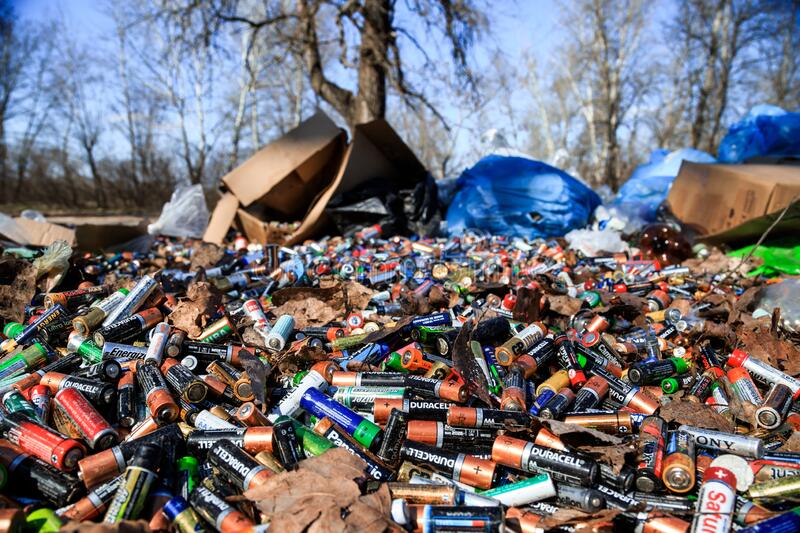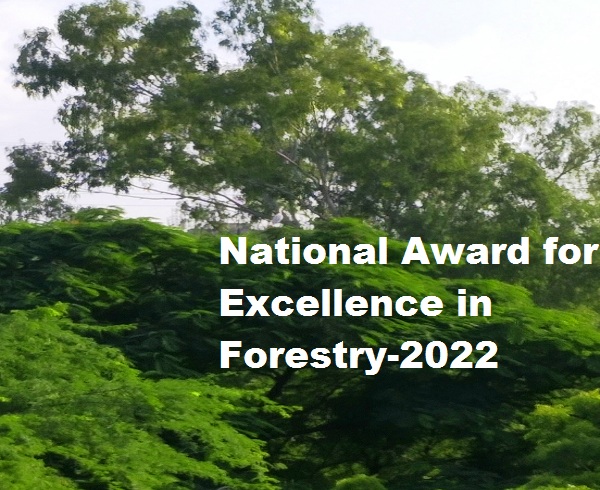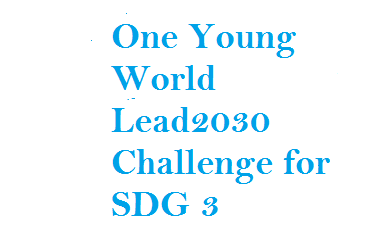- Six Reasons To Bring Millets To The Market!
- Hong Kong Court Makes Landmark Ruling Protecting Transgender Rights
- Substrate Promiscuity Of Fungi Generated Enzyme Laccase Shows Potential In Degrading Industrial Dye Effluents
- Union Minister Of Rural Development Holds A Meeting On ‘Cactus Plantation And Its Economic Usage’
- Ministry Of Tribal Affairs Organised One Day Mega Health Camp ‘Abua Bugin Hodmo-Our Better Health’ At Saraikela Kharsawan, Jharkhand
- Blue Flag Standards For Beaches In The Country
- India-Namibia Sign An MoU On Wildlife Conservation And Sustainable Biodiversity Utilization
- Hydrophobic Ingredients, In Combination With Obsolete Antibiotics, Can Counter Multidrug-Resistant Bacteria
- Promoting Cultivation Of Kala Namak Paddy
CSR was first step, Bengaluru companies now embedding sustainability into their DNAs
Posted by: 0000-00-00 00:00:00 ,By Admin

According to Vishvesh Prabhakar, MD, Sustainability, Accenture Strategy India, sustainability moves along a spectrum. It starts with CSR in the first stage. While doing this, corporates start to see the impact of their business on the environment.
In the second stage, they focus on environmental issues such as carbon, water, waste and use operational excellence to drive cost reduction. Finally, as corporations mature, they move towards an innovation agenda. They think sustainable products and services and embed sustainability into their DNAs.
Corporates in Bengaluru may be at different points in the spectrum but sustainability goals clearly are taking precedence.
At Dell’s Bengaluru campus, around 1,000 employees participated in a seed ball challenge last month. They just tossed seeds on Tumakuru and Sarjapur highways. Five times a year, the company collects its electronic waste and upcycles and recycles it. Steel tumblers have replaced paper cups on the campus.
“We’ve had over 60% participation for sustainable initiatives in our 15,000 workforce here,” said Rajeev Kapoor, India vice president and CSR champion, Dell India.
Companies such as Infosys and Accenture are also focussed on sustainability goals on their campuses through energy-efficient buildings, waste management and water recycling.
Cisco may not have planted trees but its move towards solar power, it says, is the equivalent of planting 1.8 million trees or taking 15,000 cars off the road. The company has signed power purchase agreements to buy 85,000MW of solar power every year.
Besides this, it will generate 1MW per installation from its rooftop solar panels on the city campus, said to be the largest in the state. Together, the two initiatives are expected to meet 40% of the company’s power requirements in the Bengaluru campus.
Senior vice president VC Gopalratnam said, “These onsite solar installations and two new solar PPAs will reduce Cisco’s Scope 2 greenhouse gas emissions at our Bengaluru campus by over 70,000 tonne per year.”
Even those industries that were traditionally unfriendly towards natural resources are moving towards their conservation. Apparel brand Arvind which manufactures denim, a high water consumption product, is moving to technologies that can dye the fabric using only 10% of the water used in conventional methods.
The company has undertaken a goal of using 85% of its water requirement from recycled sources by 2020. “Now, we consume 60% water from recycled sources and only 40% from fresh water sources,” said Abhishek Bansal, head of sustainability.
According to United Nations Global Compact, a UN initiative to encourage businesses worldwide to adopt sustainability, more than 50% of the progress towards Sustainable Development Goals for 2030 will come from India.
Read more: Click Here
You may like similar news
Union Minister of Rural Development holds a meeting on ‘Cactus Plantation and its Economic Usage’
Union Minister of Rural Development and Panchayati Raj Shri Giriraj Singh, convened a consultation m...

Government notifies Battery Waste Management Rules, 2022
Ministry of Environment, Forest and Climate Change, Government of India published the Battery Waste ...

India adds 10 more Ramsar sites
India has added 10 more names to the Ramsar list — that designates wetlands of international i...

Nomination Open for National Award for Excellence in Forestry-2022
National Award for Excellence in Forestry-2022 Established in : 2021 Ministry of Environment, Fore...

Kaleidoscopic migratory monarch butterfly joins global endangered species list
GENEVA, July 21 (Reuters) - The migratory monarch butterfly, which has for millennia turned North Am...









